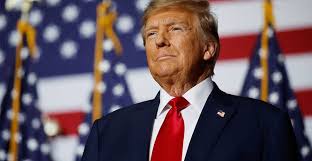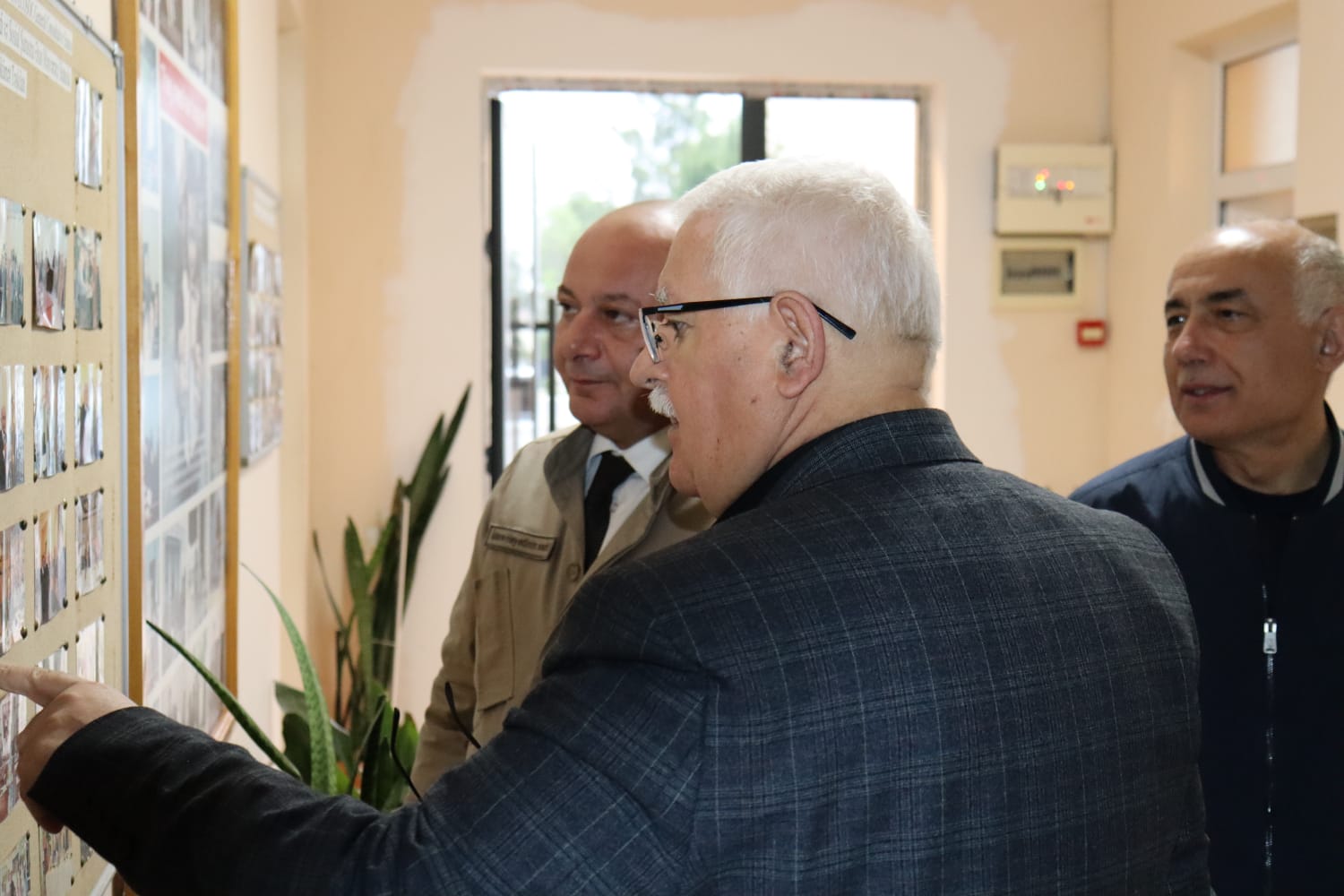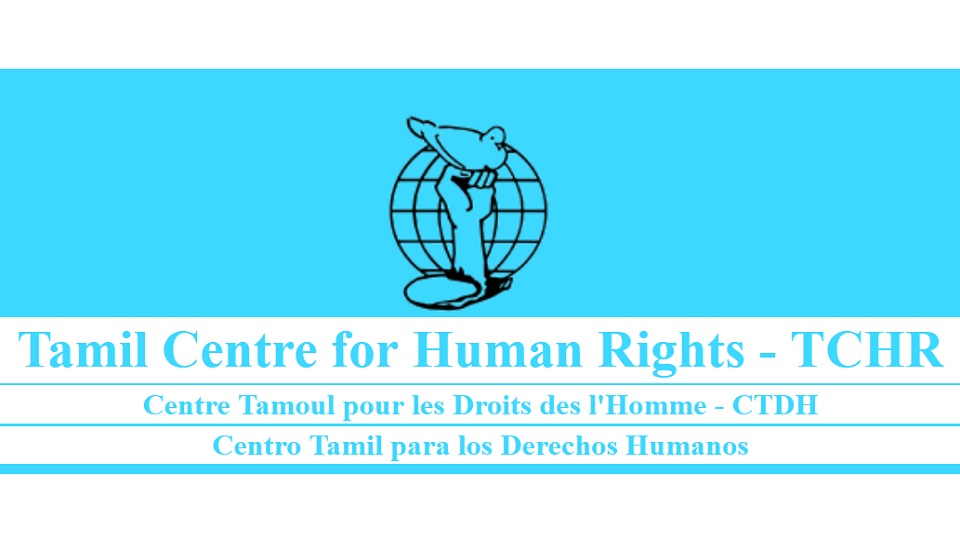Undoubtedly, China’s Belt and Road Initiative (BRI) has the potential to open up new development pathways through infrastructure development, stimulating investment and job creation and promoting economic transformation in Ethiopia.
Under BRI China is cooperating with Ethiopia in infrastructure, green economy, agriculture and industrial park construction. All these mega projects are producing remarkable results, helping Ethiopia to rank among the fastest-growing economies in Africa. Ethiopian government welcomes more and more Chinese companies and enterprises to invest and do business in Ethiopia which is good omen for the further development, scope, utility and strategic importance of the BRI in this country.
Interestingly, Ethiopia has vision 2030, which has been dubbed an African Beacon of prosperity. It prepared ten-year perspective development plan which has six strategic pillars comprising of ensuring quality growth, improving productivity and competitiveness, undertaking institutional transformation, ensuring private sectors leadership in the economy, ensuring equitable participation of women and children, building climate resilient green economy.
It also sets numerous short, medium and long terms goals mainly structural reforms in macro-economy, natural resources, human capital, physical capital, unexploited growth potential, increased demand, political capital, continental and regional integrations and technology.
It has main areas of further development in agriculture, manufacturing, mining; service sector and tourism enabling sectors, energy, transport, sustainable finance, innovation and technology, urban development, irrigation, human capital development. The plan focuses to bring nationally, regionally and locally balanced and competitive development. It has also launched and implemented homegrown economic reform agenda with the goal to safeguard macro financial stability and rebalance and sustain economic growth in which BRI would play an important role because of its rigorous engagement with its government and other organs of the state and departments.
The Ethiopian 2030 is an ambitious plan to achieve middle-income status and reach a per capita income of $2,220 by 2030. The plan seeks to achieve this via targeted economic growth of 10.2 percent period over the period.
Moreover, China and Ethiopia established diplomatic relations more than half a century ago the two countries have always helped each other and moved forward side by side.
In this regard, China supports Ethiopia in pursuing a development path suited to its own national conditions. Leaders of the two countries have maintained close exchanges in recent years, charting the course for the development of China-Ethiopia relations under the new circumstances.
China is ready to deepen and expand bilateral cooperation in various fields and encourage more Chinese enterprises to invest in Ethiopia and participate in Ethiopia's reconstruction. Qin Gang foreign minister of China while on his maiden visit to African continent expressed his hope that Ethiopia will provide a sound business environment and take effective measures to protect the security and safety as well as the legitimate rights and interests of Chinese personnel and institutions.
Since the 1970s the two countries have signed almost 60 agreements and memoranda of understanding (MoUs), including on economic and technological cooperation, trade, investment, taxation, transport and defence. In 2018 the two countries signed a MoU on cooperation within the framework of the Silk Road Economic Belt and the 21st Century Maritime Silk Road Initiative.
China is an important economic partner for Ethiopia. It is the second largest importer of Ethiopian goods and the largest source of Ethiopian imports over 24 percent of the goods imported by Ethiopia in 2018 came from China.
Ethiopian exports to China are dominated by agricultural products (mainly oil seeds) and are largely undiversified. Ethiopian imports from China, on the contrary, are diversified and cover all sectors mainly garments and textiles (including inputs to the textile industry), but also machinery, plastic products, iron and steel. In terms of investment, Ethiopia is the fifth largest destination for Chinese FDI stock on the African continent, after South Africa, the Democratic Republic of Congo, Angola and Zambia.
Over the period 2003-2019, Chinese FDI stocks in Ethiopia grew more than 500-fold, from less than $5 million to over $2.5 billion. Almost 70 percent of China’s FDI to Ethiopia in the period 1998-2016 was directed towards manufacturing, followed by construction contracting 13 percent and real estate, machinery rental and consultancy 12 percent.
The main lending institutions are China Export-Import Bank (Eximbank), with 56 percent of loans, followed by Chinese telecommunications companies, both partially state-owned, such as Zhongxing Telecommunication Equipment Corporation (ZTE, 17%), and private, such as Huawei (6%); Chinese SOEs; commercial banks; and China Development Bank (CDB). These loans mainly went to finance infrastructure projects, primarily transport (35%), power (24%), communications (22%) and industry (15%).
Ethiopia is Africa’s second most populous state, with over 110 million people, and one of the world’s fastest-growing economies over the last decade. As domestic policies have shifted the focus from agriculture-led to manufacturing-led growth, GDP growth has been accompanied by structural transformation, with non-traditional sectors of economy.
Most of the population is employed in relatively low value-added sectors, and the four most productive sectors of the economy (transport, construction, mining and utilities) employ around 5% of the population.
Over the past two decades Ethiopia has sought to increase exports. Growth in exports of transport services and logistics has been driven by Ethiopian Airlines Business Group, which has become a world leading enterprise with a diversified business portfolio. Exports grew six-fold between 2000 and 2017, with services exports making up a large part of the increase.
Currently, the country has 14 industrial parks which are at least partly operational, with more under construction. Some are government-built through the Industrial Park Development Corporation (IPDC), while others were established by private investors.
The Ethiopian government has actively sought to develop its export-oriented manufacturing sector, with a bold industrial policy in three phases. In the first phase, from the early to mid-2000s, the government focused on incentivising local investment aimed at production for export, primarily by providing preferential credit and offering favourable land lease rates through access to land schemes. In the second phase, from 2008, there was a clear shift in emphasis towards attracting foreign investors.
The third phase has focused on channelling foreign investment into specialised industrial parks, in particular supporting foreign firms willing to foster links with domestic counterparts so role of the BRI is instrumental to further transform its economy and industry.
Ethiopia has a close economic and political relationship with China, and is the recipient of a large amount of investment by large and small Chinese enterprises, as well as lending by the Chinese government, policy and commercial banks, and state-owned enterprises.
To conclude, China is expanding its sphere of influence in the Horn of Africa along one of the world’s most important maritime trade routes. Chinese companies have been investing heavily in infrastructure and in industrial parks in Ethiopia, and they have expanded the Port of Djibouti to include several commercial specialty ports meant to provide sea access to minerals and goods produced in Ethiopia. Concomitantly, China also recently opened its first foreign naval base in Djibouti.
Hopefully, the BRI will further boost the comprehensive Ethiopia-China ties. Ethiopia's inclusion in the BRI is a natural progression of the growing ties between the two countries ever since they established diplomatic ties almost five decades ago.
Ethiopia has already benefited from its inclusion in the BRI, with the successful commissioning of the Chinese-built and financed 756km Ethiopia-Djibouti electrified railway, which connects landlocked Ethiopia's capital to Djibouti port along the Red Sea. It is another element and manifestation of the strong relationship that has come through this initiative.
The Ethiopian government will be doing going forward is focusing on creating a conducive environment, looking at the barriers to investment and trade that may have been a challenge to initiate and materialize the connectivity element of the BRI. It aspires to attracting more Chinese investments in agro-processing and tourism.
Written by Dr Mehmood Ul Hassan Khan
Executive Director: The Center for South & International Studies (CSAIS) Islamabad
Regional Expert: China, CPEC & BRI










